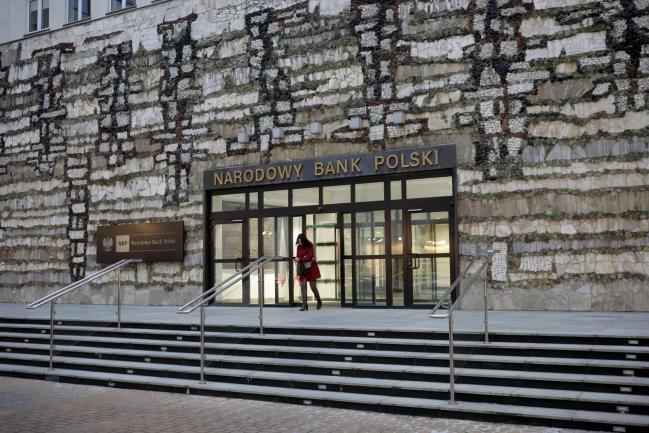(Bloomberg) -- The European Union’s biggest eastern economies have something that’s eluded their western neighbors for some time: a strong dose of inflation. But even as price growth bursts through official targets, central banks in the ex-communist region are loathe to raise borrowing costs.
Interest-rate decisions are due this week from Poland, the Czech Republic and Romania. All are likely hold fire to prioritize economic growth, which has slowed across the region though remains strong.
Poland, Feb. 5:
- One-week reference rate: 1.5%
- Inflation rate: 3.4% (December)
“High inflation will most likely continue to represent an opportunity for the hawkish MPC members to be more vocal about delivering a hike,” Morgan Stanley (NYSE:MS) economist Georgi Deyanov said. “But we think that unless Governor Glapinski changes sides, it will be difficult to achieve a majority for higher rates.”
Czech Republic, Feb. 6:
- Two-week repo rate: 2%
- Inflation rate: 3.2% (December)
The bank will be “very tempted” to raise rates at the upcoming meetings because of high inflation, according to Jan Vejmelek, chief economist at Komercni Banka AS. “On the other hand, the strong koruna combined with the unfavorable development in German industry and other persistent risks will offer strong arguments for keeping rates unchanged.”
Romania, Feb. 7
- Benchmark rate: 2.5%
- Inflation rate: 4% (December)
The bank could even ease monetary conditions. Governor Mugur Isarescu has signaled a potential reduction in banks’ minimum reserve requirements, to bring them closer to EU levels in a move that could happen as early as February.
Read More:

- Inflation Fears Return to Haunt Investors in Europe’s East
- Poland Defies Inflation Shock in Extending Record Rate Pause
- Czechs Flag Another Close Call on Rates After Inflation Surge
- Romania Prolongs Key-Rate Pause Despite Inflation Rebound